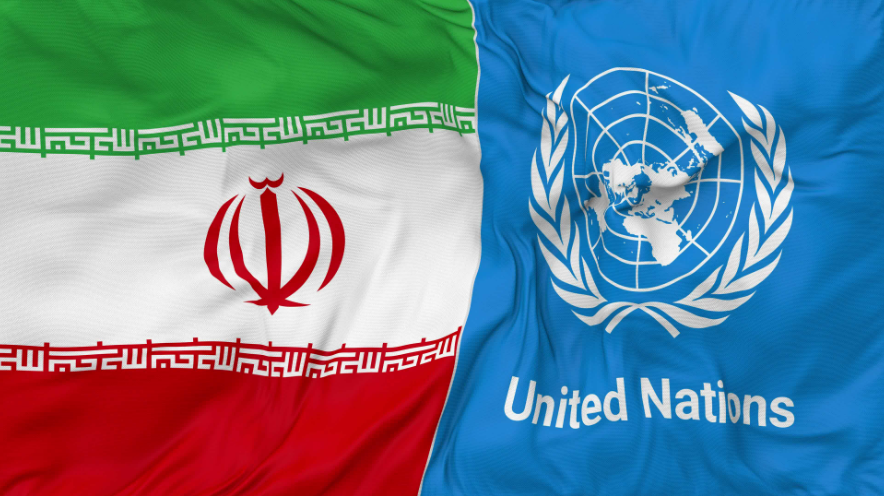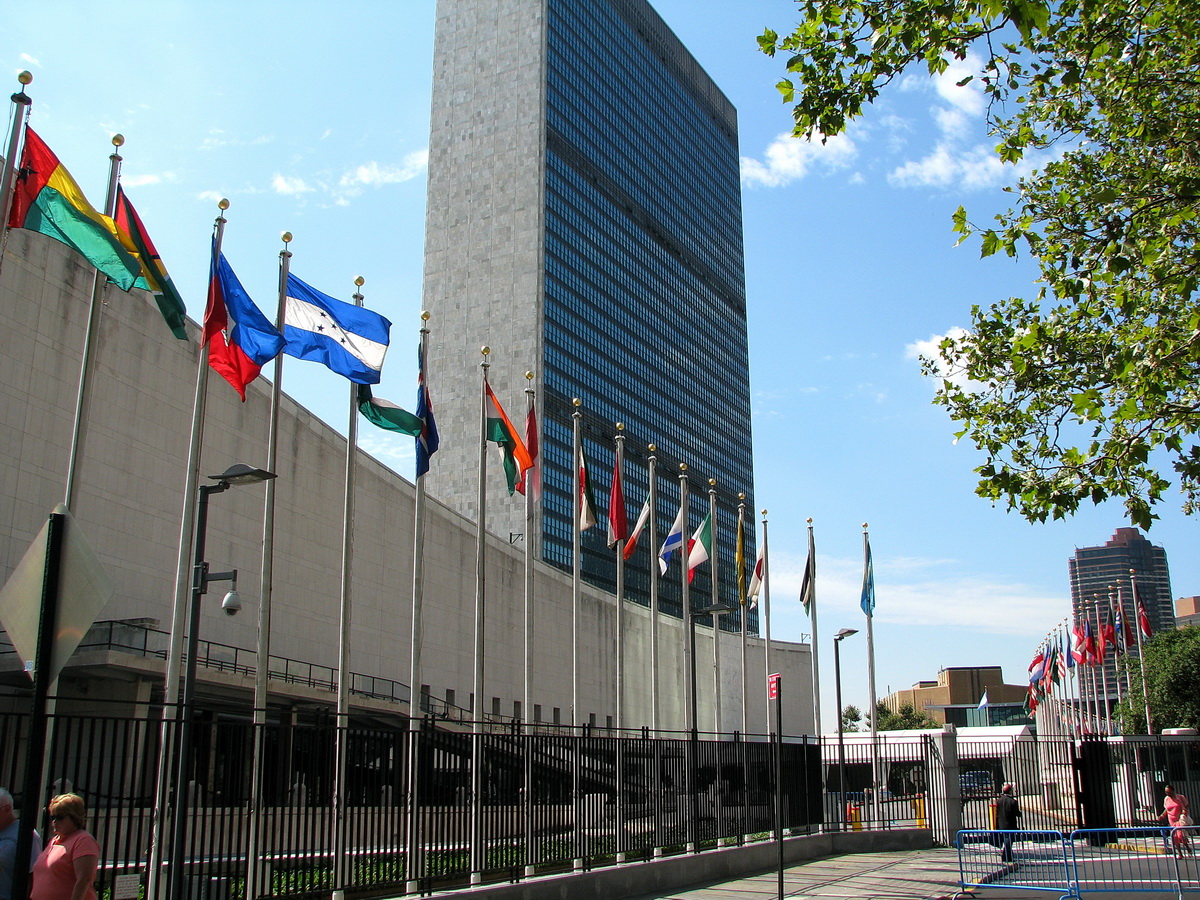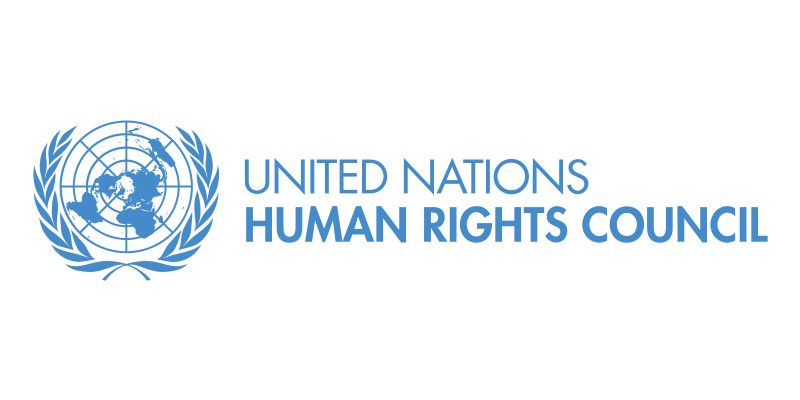Since the 1970’s, the EU has insisted that the solution to the Israeli-Palestinian conflict is “a two-state solution with an independent, democratic, viable and contiguous Palestinian state living side-by-side in peace and security with Israel and its other neighbours.”
The foundations of this policy were laid in the Venice Declaration (1980). Since 2000, the EU has invested hundreds of millions of euro’s per annum in the creation of a Palestinian State. The EU’s Two State Policy supports Israel-PLO negotiations, but at the same time it requires Israel and the PLO to comply with certain “parameters”; according to the EU, a State of Palestine must be established; the territory of the Palestinian State must be based on the 1967 borders, and include Jerusalem as its capital; and there must be a solution to “the refugee problem”.
However, it is widely understood that the policy has thus far been unsuccessful. The Oslo process has broken down; a negotiated agreement between Israel and the PLO on the core issues in dispute does not seem likely in the short term. Nor has a viable, democratic and peaceful Palestinian state been established on the ground. Divisions and conflict within Palestinian society impede the establishment of effective government. Recent developments, including the new “normalization” agreements between Israel and a number of Arab/Islamic states, suggest that the Israel/Palestine conflict is no longer universally regarded as the centre or cause of conflict in the ME region. Indeed, as the failure of the “Arab Spring” demonstrates, significant obstacles will face any Western efforts to build States in the Middle East and Northern Africa.
The time has come to critically review this policy.
A research project is in progress examining i.a. the following issues from an international law perspective:
- What was the role played by international law in the development of the EU’s ‘two-state policy’ and its implementation in the UN from 1980 to today? The report contains a detailed analysis of the development of this Common Policy and the role played by France, Germany, the UK and Netherlands in the period 1967-1980.
- What are the obstacles facing the Middle East Peace process and changes in the Middle East as it has emerged since 1980, especially major shifts in recent years?
- How do recent developments and current trends in international law impact the EU’s Two State Policy? This includes examination of international law principles, and recent developments within the UN and at the International Criminal Court.
The review project is carried out by thinc. The review is in its final stage; the outcomes will be published in a Report. The Report’s analysis, conclusions, and recommendations will assist politicians and policy advisers in Europe in the development of a new approach to promoting a peaceful, negotiated resolution of the Israel/Palestine conflict and the advancement of peace, security, economic development and stability in the region generally.
A preview of the Report will be presented at the conference.
Click here for more information and to register.



